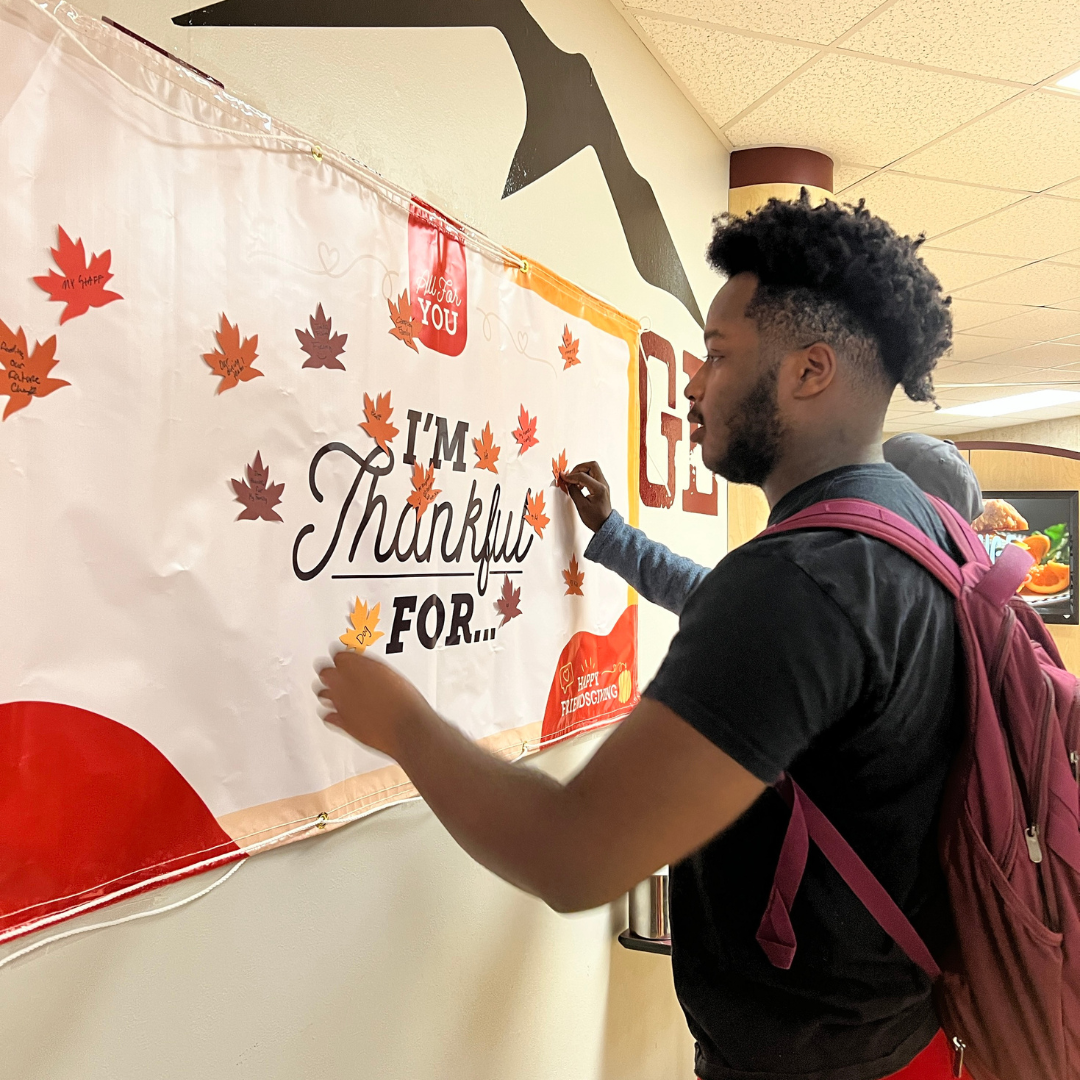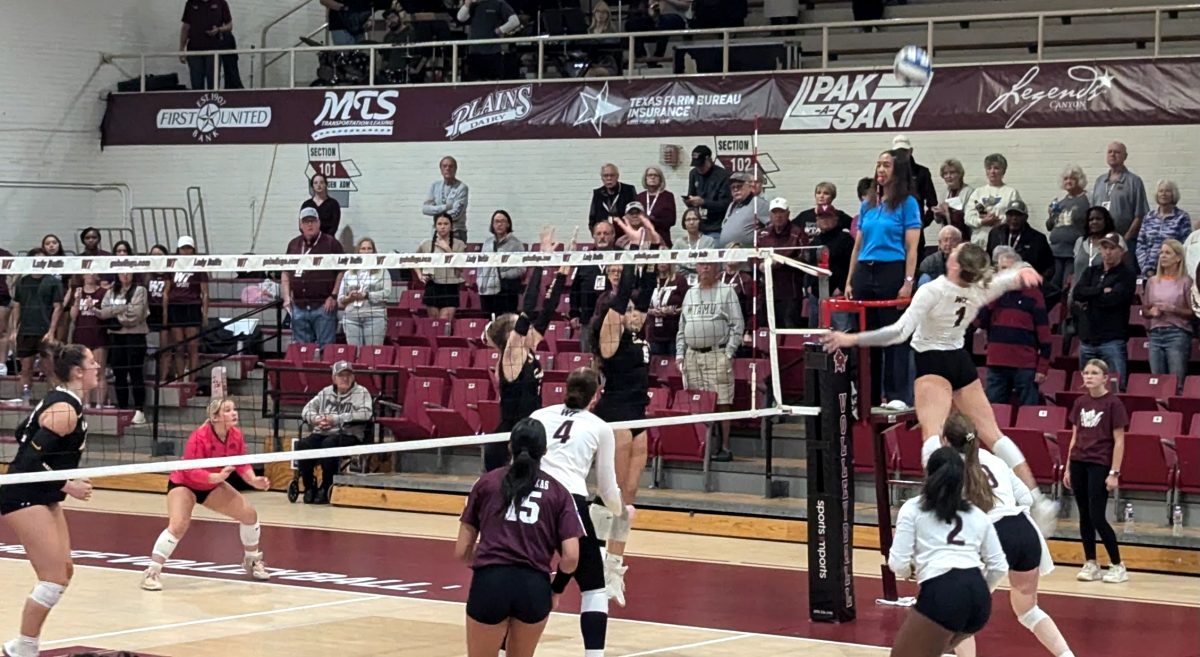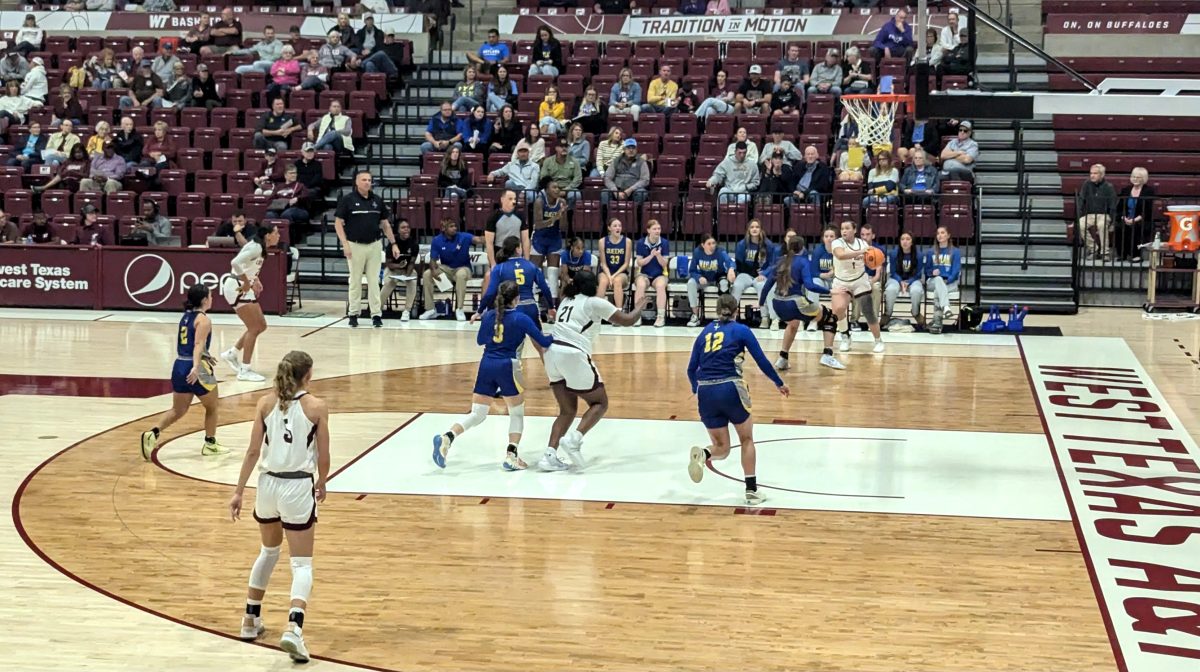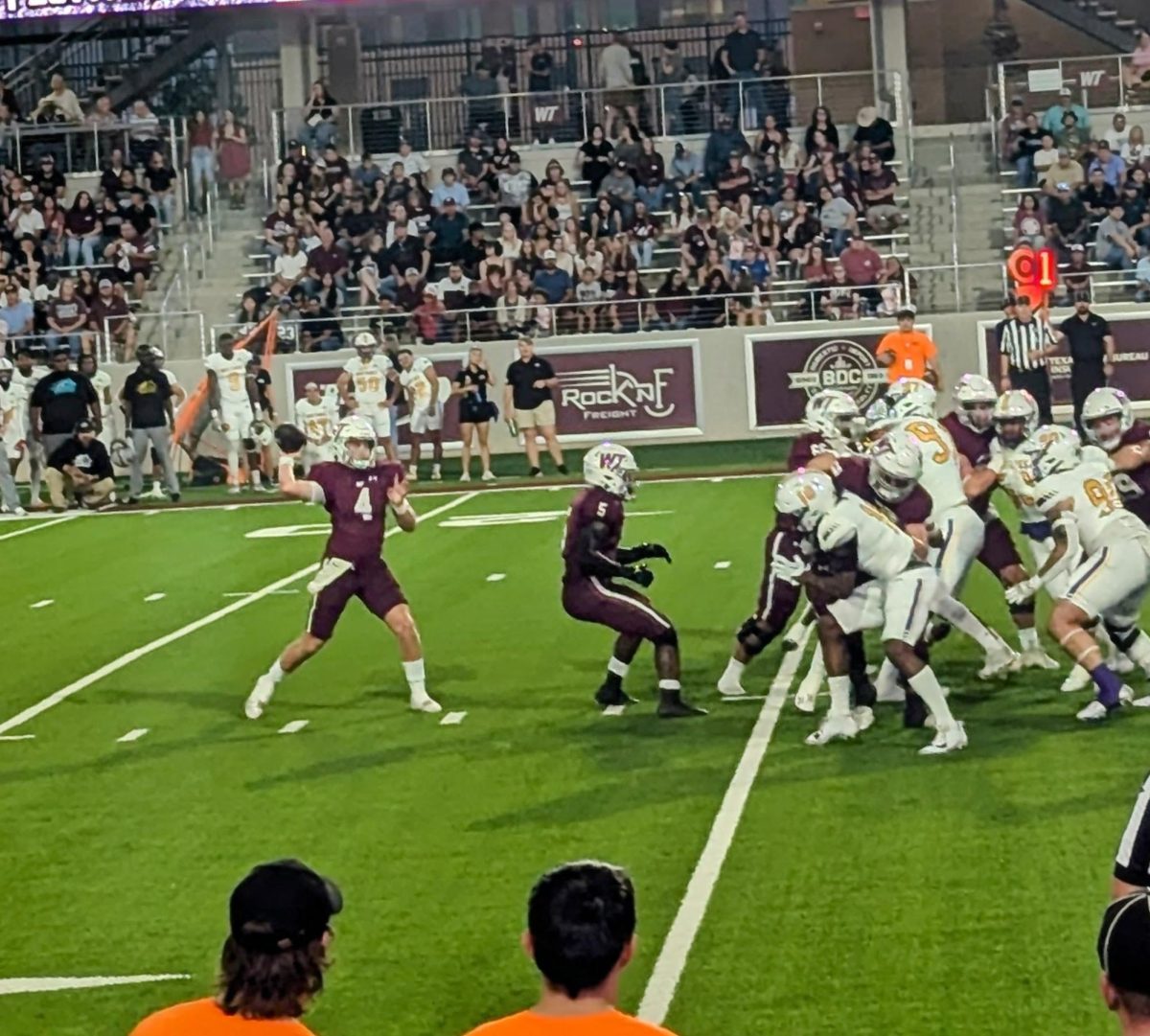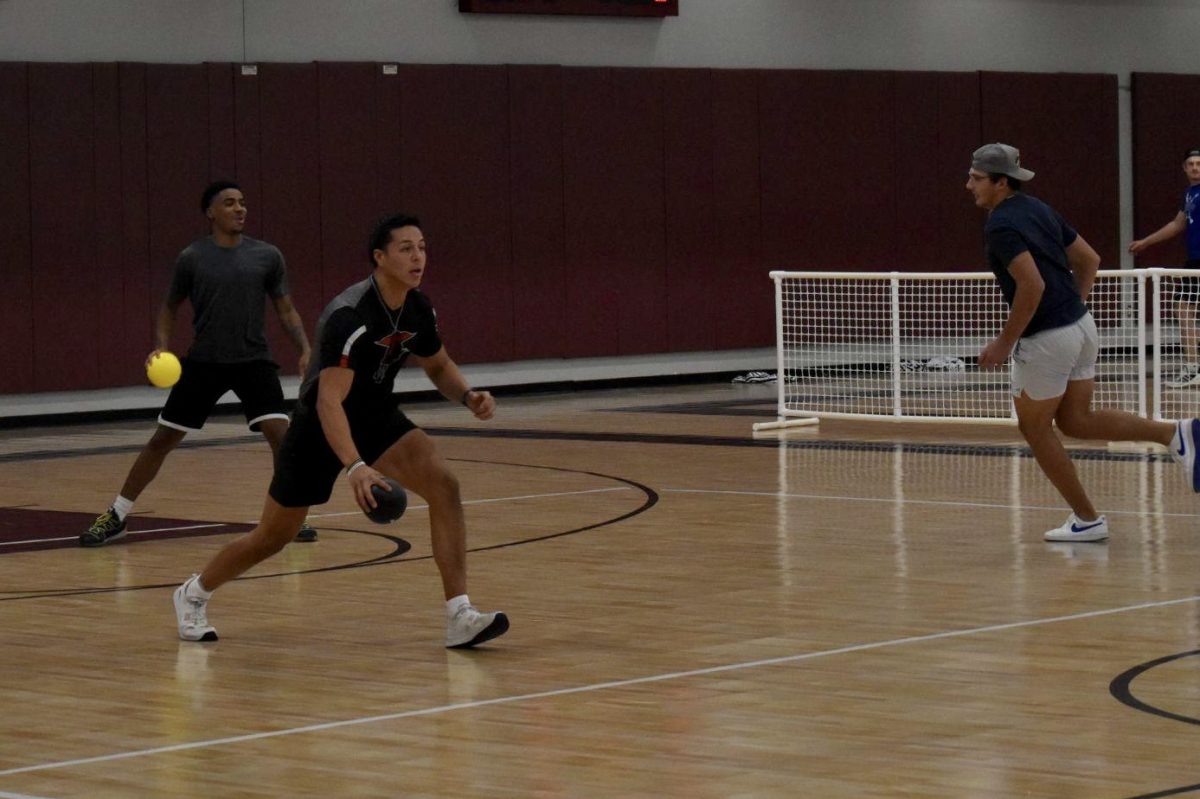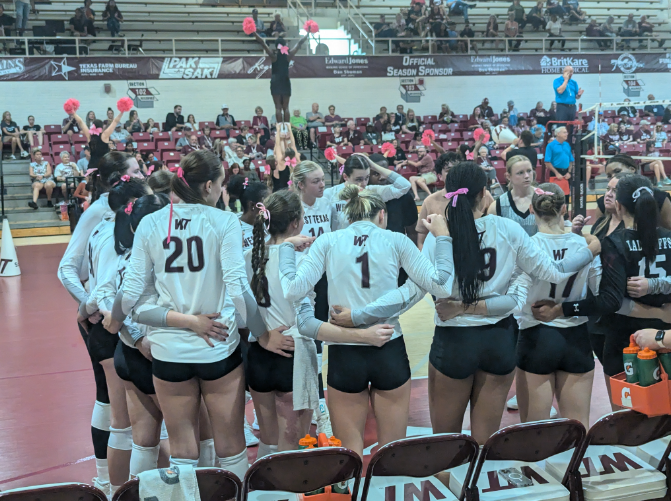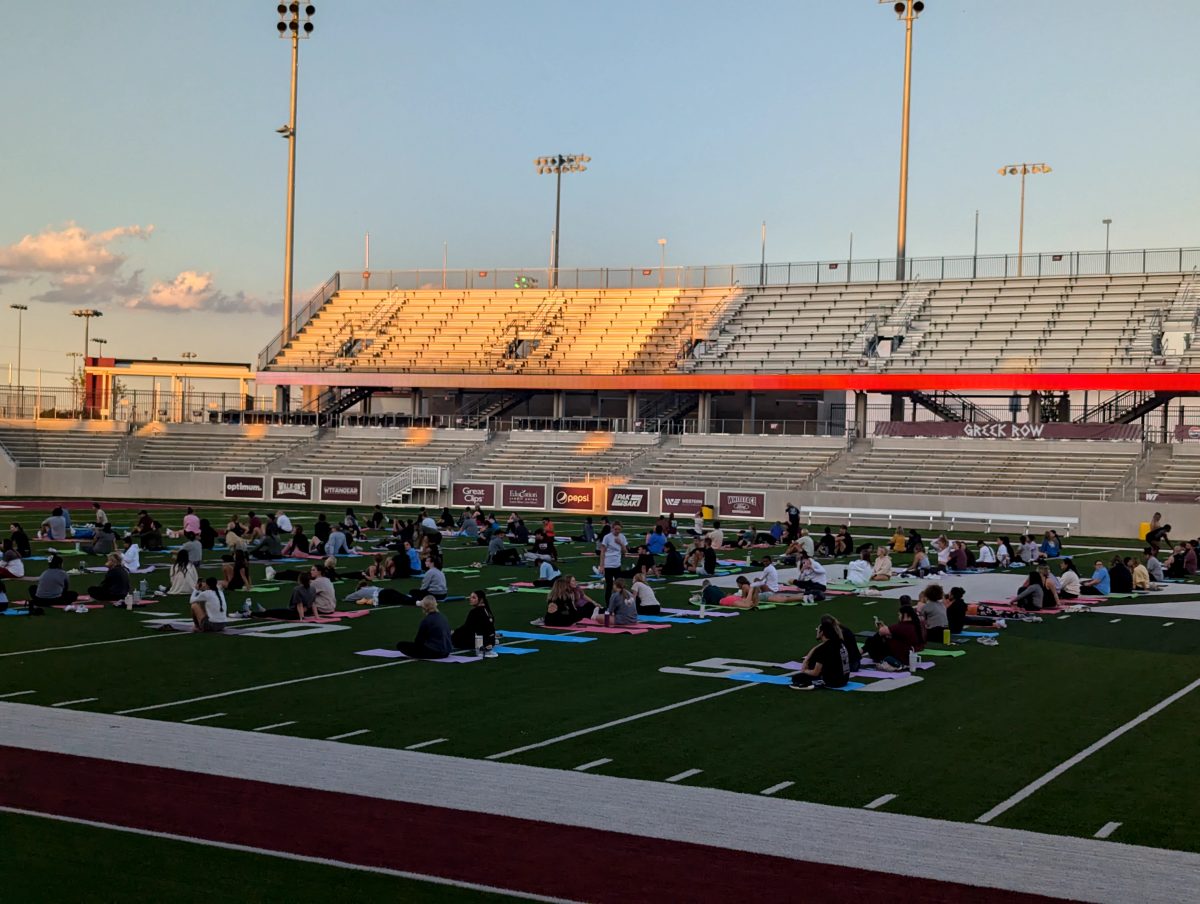
On Aug. 20, the membership of the Lone Star Conference changed drastically. The Southland Conference, in effort to replace recently departed members including University of Texas Arlington, UT San Antonio and Texas State, offered LSC members Abilene Christian University and the University of the Incarnate Word an invite to upgrade their athletic programs to Division I.
“Our transition into Division I and the Southland Conference begins next year,” ACU Athletic Director Jared Mosley said. “There is a four year transition process in which we will not be eligible to Southland Conference or NCAA postseason play. The first year of active status would be in the 2017-18 school year.”
With Incarnate Word following suit in the jump to Division I, this leaves the Lone Star Conference with eight members and six who sponsor football. This has an enormous impact not only on the future of the LSC, but on Buffalo Athletics as well. Issues of scheduling with both in and out of conference opponents are in question as well as future of Lone Star Football Festival at Cowboys Stadium in Arlington, Texas.
No matter how unclear its future may be, the Lone Star Conference vows to press onward.
“The future starts now for the Lone Star Conference,” LSC Commissioner Stan Mignon said in a statement released by the Lone Star Conference. “We’re a Division II conference, and a proud one at that. As a group, we believe in the balance between academics and athletics that is afforded student-athletes in Division II, along with the high-level competition we provide. We’re committed to offering our constituents the very best aspects of Division II membership. The LSC members that wish to build this league into the NCAA’s premier Division II conference must remain unified and press forward. I am confident we have a core group of institutions that want to continue on the path we’re pursuing, and I look forward to working with them as we add new members and keep building upon the 81 year legacy of this conference.”
On the other hand, the Southland Conference now expands to 14 all sports members and 11 members who sponsor football by 2014.
“We are closed for the foreseeable future,” Southland Commissioner Tom Burnett said. “The Southland Conference wants to build on what we have, which is to provide a Division I experience and maintain a regional setting.”
The future of the college sport landscape is not “set in stone” according to Burnett







